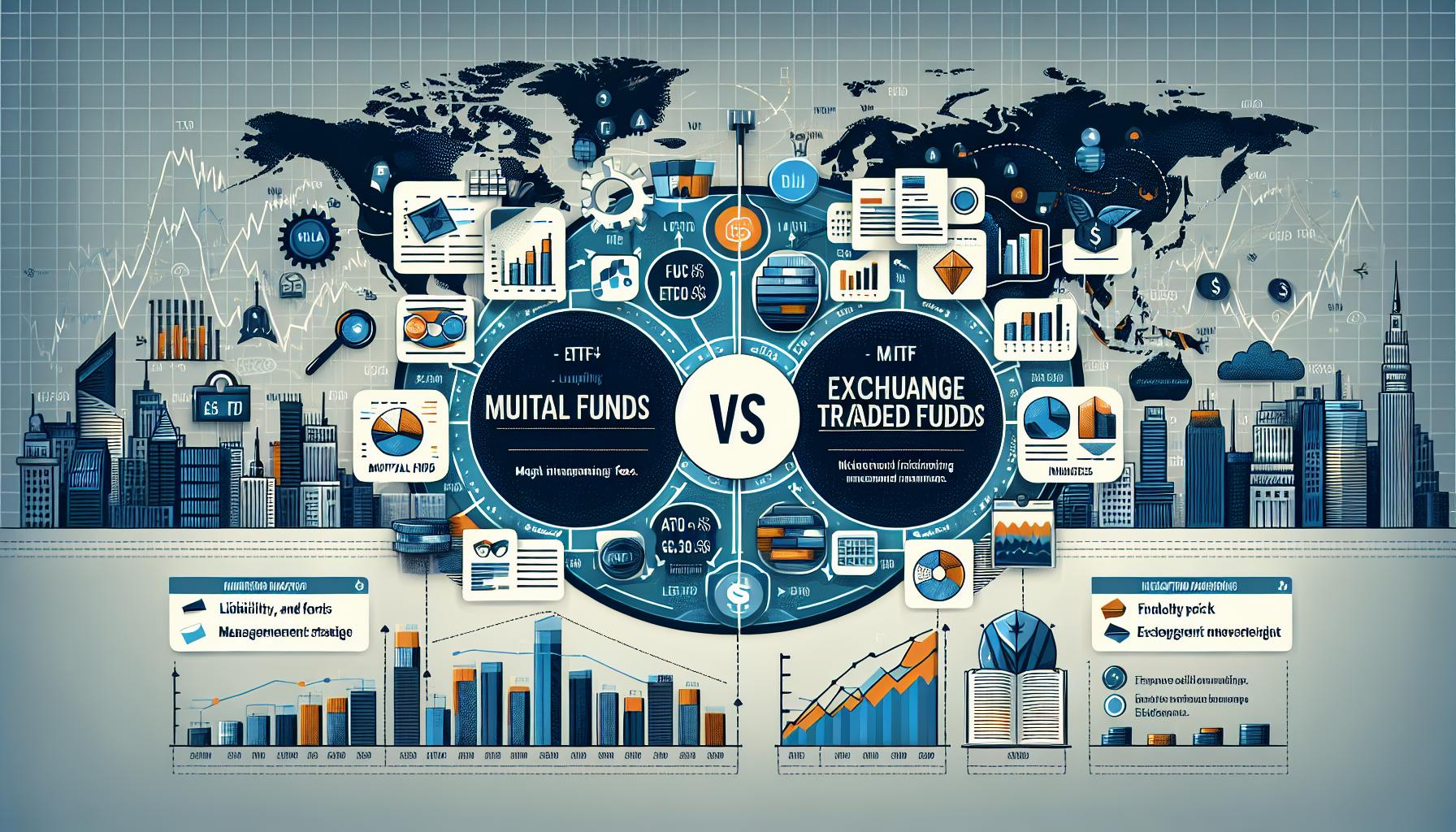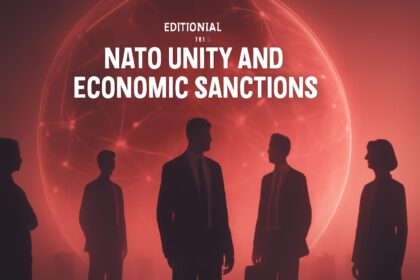Abu Dhabi Launches Compact AI Model to Challenge Global Leaders
The Mohamed bin Zayed University of Artificial Intelligence (MBZUAI) in the United Arab Emirates has introduced a new AI reasoning model named K2 Think, designed to compete with established systems from OpenAI and China’s DeepSeek.
Unlike DeepSeek’s R1 model, which boasts 671 billion parameters, K2 Think operates with just 32 billion parameters. It is based on Alibaba’s open-source Qwen 2.5 model and runs on Cerebras’ specialized AI hardware. Despite its smaller size, MBZUAI claims K2 Think delivers comparable reasoning performance to its larger counterparts.
Innovative Techniques Drive Performance
Hector Liu, director of MBZUAI’s Institute of Foundation Models, explained that K2 Think’s effectiveness stems from a combination of methods, including long chain-of-thought supervised fine-tuning—a stepwise reasoning process—and test-time scaling, which allocates additional computational resources during inference to improve output quality.
Liu emphasized that the development approach treats K2 Think as a holistic system, continuously refined through deployment rather than merely releasing a static model. This systemic methodology underpins the model’s competitive edge despite its relatively modest scale.
Strategic Importance Amid Global AI Competition
The launch of K2 Think positions the UAE as an emerging player in the AI landscape traditionally dominated by the US and China. While American companies like OpenAI pioneered foundation models, DeepSeek’s R1 earlier this year highlighted China’s growing capabilities with a high-parameter, cost-efficient model.
The UAE’s AI ambitions are part of a broader strategy to enhance geopolitical influence and diversify its economy away from oil dependence. Local AI firm G42, supported by Microsoft, played a crucial role in developing K2 Think, reflecting international collaborations that bolster the country’s AI ecosystem.
However, the UAE faces competition from regional rivals such as Saudi Arabia, which is advancing AI development through initiatives like Humain under the Public Investment Fund.
Focus on Scientific and Mathematical Applications
MBZUAI’s managing director of the Institute of Foundation Models, Richard Morton, clarified that K2 Think is not intended to replicate general-purpose chatbots like ChatGPT. Instead, it is designed for specialized reasoning tasks in fields such as mathematics and science.
Morton highlighted the model’s potential to accelerate complex problem solving, condensing processes that might take thousands of humans years to complete. Furthermore, K2 Think’s cost-effectiveness could extend advanced AI capabilities to regions lacking extensive infrastructure and capital.
Challenges and Outlook
Despite the promising launch, the UAE’s AI sector still trails the scale and maturity of US and Chinese counterparts. OpenAI and major tech firms benefit from years of development and extensive resources, while Beijing treats AI as a strategic national priority.
The partnership between G42 and Microsoft has drawn scrutiny due to geopolitical sensitivities involving China, underscoring the complex international context of AI development in the UAE.
Nevertheless, K2 Think exemplifies how innovative system-level approaches can achieve high performance with fewer resources, potentially reshaping competitive dynamics in AI research and deployment.
FinOracleAI — Market View
The introduction of K2 Think represents a strategic step for the UAE in the competitive AI landscape, signaling its intent to become a significant player beyond traditional energy sectors. The model’s cost-efficient design and specialized focus may attract interest from sectors requiring advanced reasoning capabilities without the resource demands of larger models.
Risks include the challenge of scaling and commercializing the technology amid dominant US and Chinese players, as well as geopolitical tensions that could affect partnerships and market access. Investors and observers should watch for further performance validations, adoption in scientific and industrial applications, and the UAE’s broader AI policy developments.
Impact: neutral













